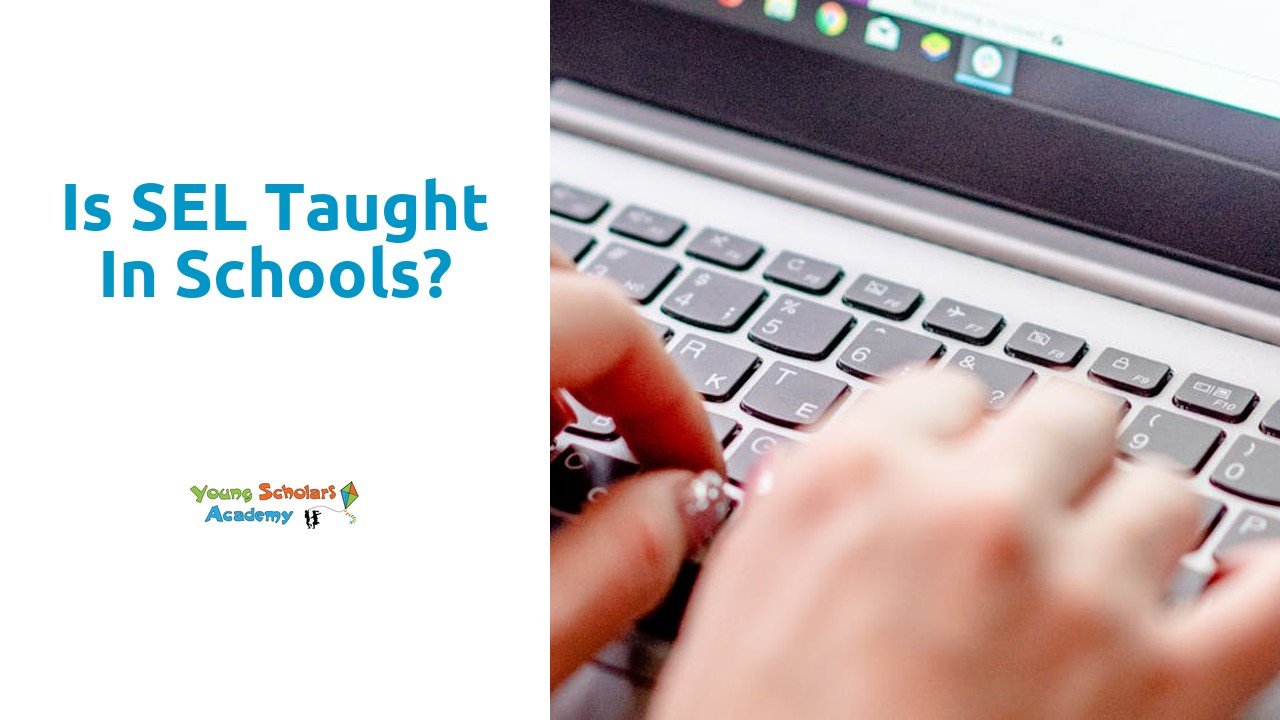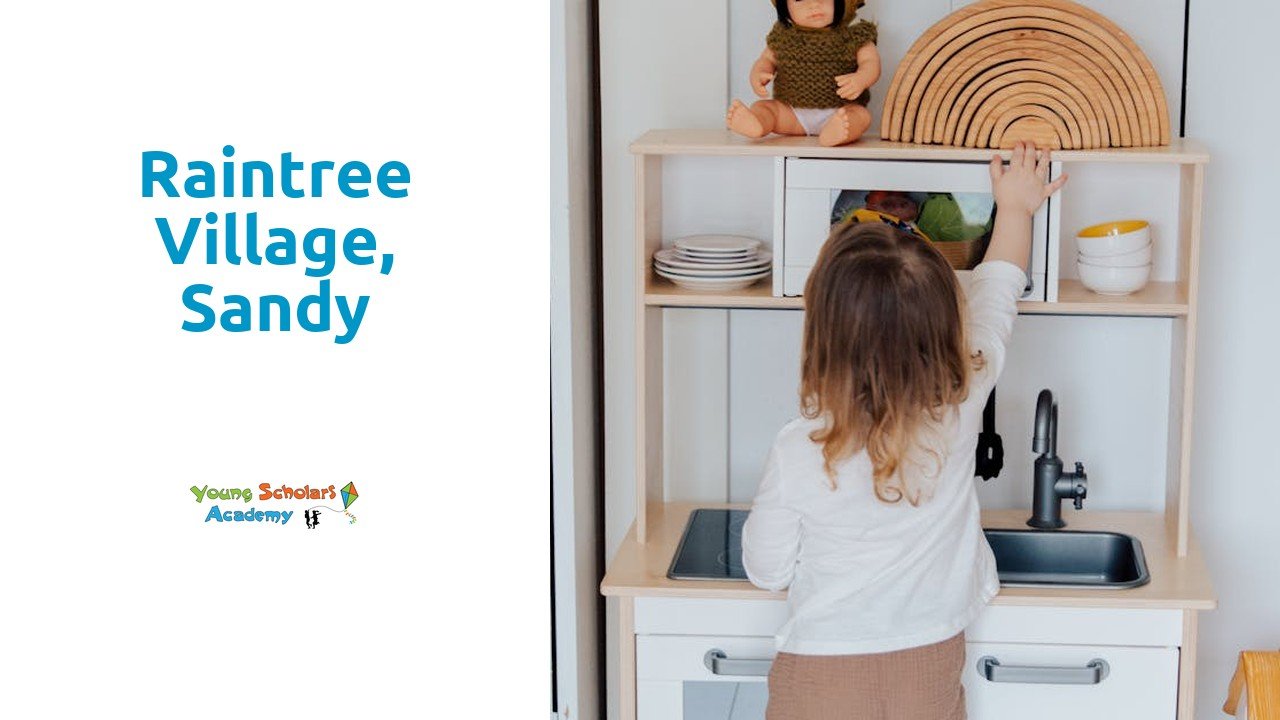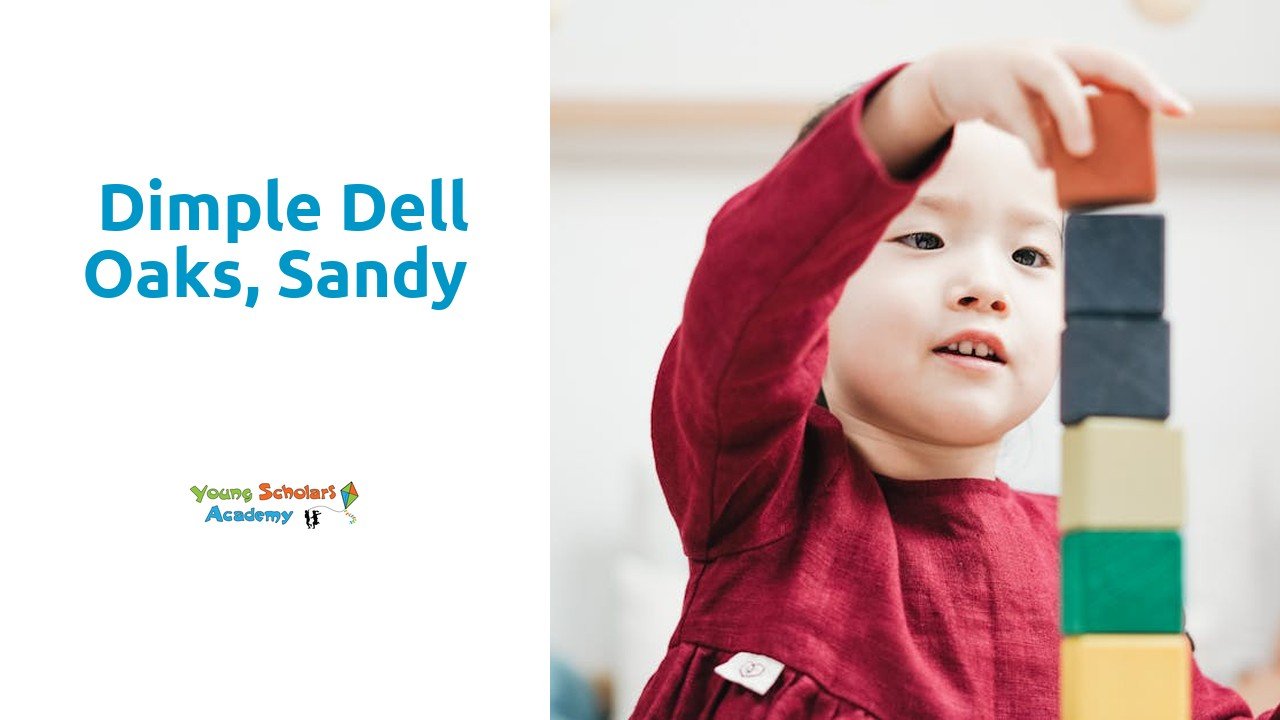Role of Parents and Community in Supporting SEL Initiatives
Parents and community members play a crucial role in supporting Social and Emotional Learning (SEL) initiatives in schools. A prime example of this collaboration can be seen in Dimple Dell Heights, Sandy, where parents and community partners actively participate in promoting students’ social and emotional development. By engaging in activities such as volunteering, attending workshops, and providing resources, they create a supportive environment that reinforces the skills taught in the classroom.
Incorporating SEL into the community helps reinforce the lessons learned in school and ensures that children receive consistent messages about the importance of empathy, communication, and self-awareness. When parents and community members are involved in SEL initiatives, it creates a cohesive approach that strengthens the overall impact of the program. This synergy between schools, families, and the community fosters a holistic environment where children can thrive academically, socially, and emotionally.
Involving Families in SEL Activities
Involving families in social and emotional learning (SEL) activities is crucial for the overall well-being of students. At Dimple Dell Heights in Sandy, parents play a significant role in supporting their children’s social and emotional development. By actively participating in SEL initiatives, families create a positive impact on students’ emotional intelligence and interpersonal skills. Through workshops, seminars, and interactive sessions, parents at Dimple Dell Heights gain a better understanding of how to reinforce SEL practices at home, thereby strengthening the connection between school and family environments.
Research consistently shows that when families are involved in SEL activities, students exhibit improved behavior, self-regulation, and overall academic performance. At Dimple Dell Heights, the school community recognizes the importance of engaging families in SEL initiatives across all grade levels. By fostering a collaborative approach between educators and parents, students receive consistent support and reinforcement of SEL skills both at school and at home. Through this partnership, families at Dimple Dell Heights actively contribute to creating a nurturing environment where students can thrive socially, emotionally, and academically.
Incorporating SEL Across Different Grade Levels
Incorporating social and emotional learning (SEL) across different grade levels is crucial for the overall development of students. Schools play a significant role in nurturing students’ SEL skills from a young age, starting as early as kindergarten. At Dimple Dell Heights in Sandy, the focus on SEL is evident throughout the school, with teachers incorporating various activities and lessons to support students’ social and emotional growth.
As students progress through different grade levels, the SEL curriculum can be adapted to suit their changing needs and developmental stages. At Dimple Dell Heights, educators understand the importance of adjusting the SEL strategies to align with the cognitive and emotional abilities of each grade level. By tailoring the curriculum to meet the specific needs of students at various stages of their academic journey, schools can ensure that all students receive adequate support in their social and emotional development.
Adapting Curriculum for Various Age Groups
Adapting curriculum for various age groups is essential to effectively promote social and emotional development in students. Schools, such as Dimple Dell Heights in Sandy, recognize the importance of tailoring SEL programs to meet the unique needs and developmental stages of different age groups. For younger students, the focus may be on building foundational skills such as self-awareness and emotional regulation, while older students may benefit from exploring complex topics like empathy and relationship-building. By customizing SEL curriculum based on age, educators can provide targeted support that maximizes impact and fosters greater learning outcomes.
Incorporating age-appropriate activities and discussions into the curriculum ensures that students are engaged and receptive to the principles of social and emotional learning. Dimple Dell Heights, located in the vibrant community of Sandy, takes a holistic approach to SEL by integrating lessons that resonate with students at each stage of their educational journey. By aligning SEL initiatives with the cognitive and emotional development of students, educators at Dimple Dell Heights empower young learners to navigate challenges, cultivate positive relationships, and build resilience. This intentional approach to adapting curriculum for various age groups fosters a supportive environment that nurtures the social and emotional well-being of all students.
Research and Case Studies on Successful SEL Implementation
Research and case studies have shown promising outcomes regarding the successful implementation of Social and Emotional Learning (SEL) in schools. A notable example is the Dimple Dell Heights School in Sandy, where a comprehensive SEL program has significantly improved students’ social and emotional development. Through targeted interventions and a supportive school environment, students at Dimple Dell Heights have demonstrated enhanced self-awareness, interpersonal skills, and conflict resolution abilities.
Additionally, the Sandy School District has reported increased academic achievement and a positive school climate following the incorporation of SEL initiatives across different grade levels. By integrating SEL principles into the curriculum and providing training for teachers, schools have observed higher levels of student engagement and decreased behavioral issues. These findings highlight the importance of investing in SEL education to cultivate well-rounded individuals who are equipped to navigate the complexities of the modern world.
Examining Data on SEL Outcomes
Research has shown a positive correlation between implementing Social and Emotional Learning (SEL) programs in schools and improved student outcomes. An evaluation conducted at Dimple Dell Heights, Sandy, revealed notable enhancements in academic achievement, behavioral engagement, and overall well-being among students participating in SEL initiatives. Students demonstrated increased empathy, collaboration skills, and emotional regulation, which translated to fewer discipline incidents and improved relationships with peers and teachers.
Furthermore, longitudinal studies at various educational institutions have consistently highlighted the beneficial impact of SEL on students’ long-term success. By focusing on skills such as self-awareness, social awareness, responsible decision-making, and relationship-building, schools have observed higher graduation rates, reduced dropout rates, and increased college enrollment among participants. The holistic development fostered through SEL programs equips students with the necessary tools to navigate challenges both within and beyond the classroom, ultimately contributing to a more positive and inclusive school community.
FAQS
Is SEL (Social and Emotional Learning) a common part of school curriculums?
Yes, many schools are incorporating SEL into their curriculums to support students’ emotional well-being and social skills development.
How can parents and the community support SEL initiatives in schools?
Parents and the community can support SEL initiatives by reinforcing SEL concepts at home, participating in school events focused on SEL, and advocating for the integration of SEL into school policies.
Are there specific activities that families can do to promote SEL at home?
Yes, families can engage in activities such as practicing empathy and active listening, setting and discussing goals as a family, and modeling positive social interactions to promote SEL at home.
How can schools adapt SEL curriculum for students of different age groups?
Schools can adapt SEL curriculum by tailoring activities and lessons to be developmentally appropriate for different age groups, providing additional support for younger students, and offering more complex challenges for older students.
Are there any research studies or case studies that demonstrate the success of SEL implementation in schools?
Yes, there are numerous research studies and case studies that show the positive impact of SEL on students’ academic performance, behavior, and overall well-being.
How is data on SEL outcomes typically examined in schools?
Data on SEL outcomes is typically examined through student surveys, behavior tracking systems, academic performance metrics, and qualitative feedback from teachers and parents to assess the effectiveness of SEL initiatives in schools.






